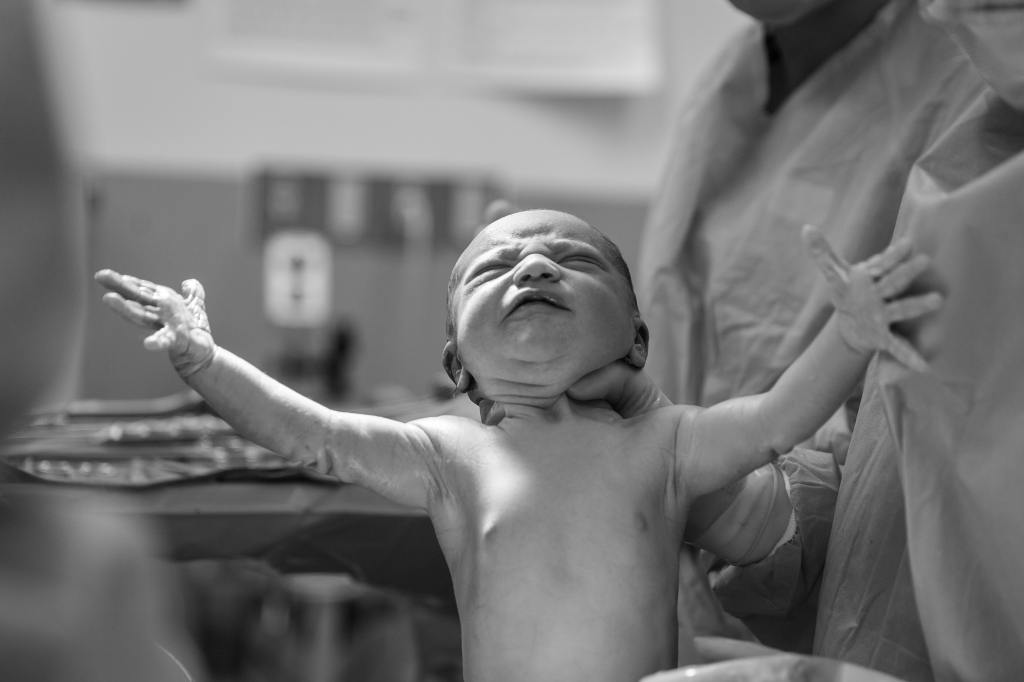The most difficult question for most linguists to answer is ‘What’s a word?’
Always, it’s exactly the same.
I’m exhausted by the climb. I stand at the top to catch my breath, to rest my overtaxed muscles. They quiver like jelly. My heart flings itself against my ribcage as if trying to escape.
My body never seems to adjust to the exertion of the climb, no matter how many times I do it. My muscles never grow stronger, my lung capacity never increases, my heart never stabilises.
There’s a sign at the top of the mountain. Sometimes I read it, but I never manage to remember the words printed on it. Observe? Observation? Observatory? And another word that sounds scientific, but which is actually about language. Language observatory? Lexical observatory? Observatoire linguistique?
The sign marks only the halfway point of my journey to the site, but the road levels out here and the going is easier. The view is stunning, when I remember to look.
When I reach the site I inevitably encounter the scientific instruments and the team of people who operate them.
They never used to acknowledge my presence. I’ve since learned they were being cautious about approaching me directly, for fear of scaring me away. Eventually curiosity gets the better of me and I start asking questions.
‘What are these instruments?’
They look a little like radio telescopes, shaped like big bowls, their rims horizontal with the sky.
One day I remember the words on the sign (observe-observation-observatory-observatoire) and ask what they’re observing.
‘Words,’ they say.
‘What words?’
They point to the sky.
‘The ones that land in our instruments.’
‘Where do they come from?’
‘Outer space.’
‘Wait. You’ve discovered intelligent extraterrestrial life? In outer space? Are they talking to us? What are they saying?’
We’ve had this conversation at least a dozen times, I’m embarrassed to admit. And I can never get it through my thick skull that ‘words from outer space’ aren’t spoken by extraterrestrials, they’re not part of some alien broadcast, they’re not communicated at all. They’re just falling from the sky, like inert little specks, like stardust.
They actually fall into those radio telescope things. It turns out those big bowls are like water butts or reservoirs, capturing words, not rainfall. Wordfall. The sensitive equipment the team uses helps them study each word, to learn its qualities and eventually to decide which ones they want to incorporate into Earth.
When I finally understand that much they hook me up to a network of electrodes so I can know what a word is like. A word is not, it turns out, a combination of letters, or sounds, or symbols of any kind. Words are like…
I don’t know. Every time I try to grasp it I’m back down at the bottom of the mountain again, and I can’t always be bothered to climb back up.
Really, it’s exhausting. Physically and mentally.
Here it is—I’ve got it now. Don’t try to imagine what a word is, or what it means. Better to say words have qualities. They make you feel a certain way. Itchy, or wise, or bereft, or curious. They’re like little blue pulses of energy—zip! They infuse you with some unique way of feeling or thinking—some new idea.
It’s probably twenty more trips up the mountain before I learn how they integrate the new words into Earth. I keep making the mistake of thinking that they’ll translate them into something that sounds like English, Spanish or Inuit. Maybe they’ll use Esperanto. I keep inventing clever little neologisms for the outer-space words I’m experiencing until eventually—poof! It’s straight back down the mountain for me.
It’s actually quite a difficult thing, this business of incorporating new words. The words need a safe space to exist within, and creating that environment takes a lot of calibration. That’s what most of the instrumentation is for, in fact.
And here’s the confusing bit, but it starts to make sense after lots of trips up here. The space that accommodates the new words is made out of language.
Language is different from words, it turns out.
Language makes stories. It makes… selves.
That’s it!
Stories and selves—selved stories, self stories? Self stories are containers made out of language, specially calibrated to welcome words from outer space.
‘You’re ready,’ one of them tells me now.
‘Ready for what?’
But I know what they mean. They think I’m ready to be a human storage compartment for one of their alien words.
What have they been doing to me all this time? Have they been messing with me when they’ve hooked me up to their instruments? I’ve changed, somehow. I can’t quite figure it out.
Poof!
The mountain looms ahead of me. I’m at the bottom again.
This time I won’t go back. Nobody’s making me climb that road again. I’m nobody’s guinea pig.
Half an hour later, I’m standing by that sign again, something-something observatoire, something-something transformation. I can’t read it properly. My lungs feel like they’re about to explode.
It’s OK, though, I’ve done this before. I know the way from here, it’s easy going the rest of the way.
Would you like to know more about this story? Watch the video I made about it. I also discuss ‘Wordfall’ in Episode 68 of Structured Visions.







